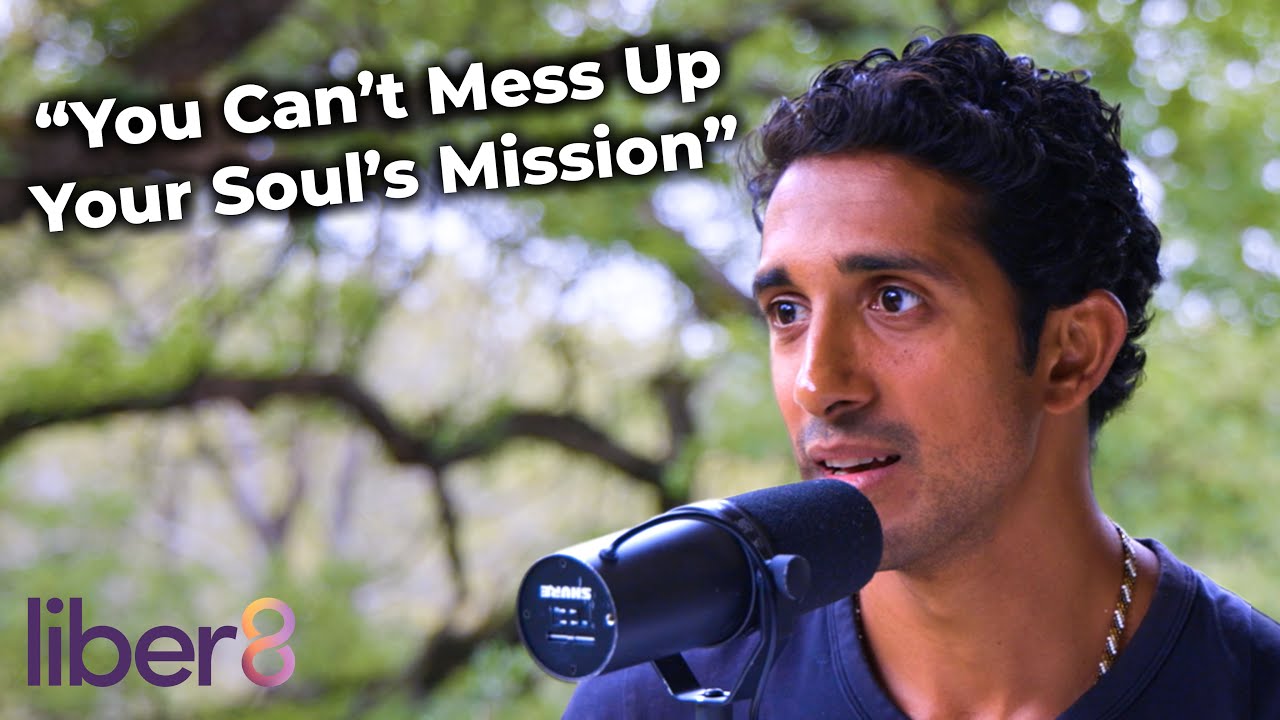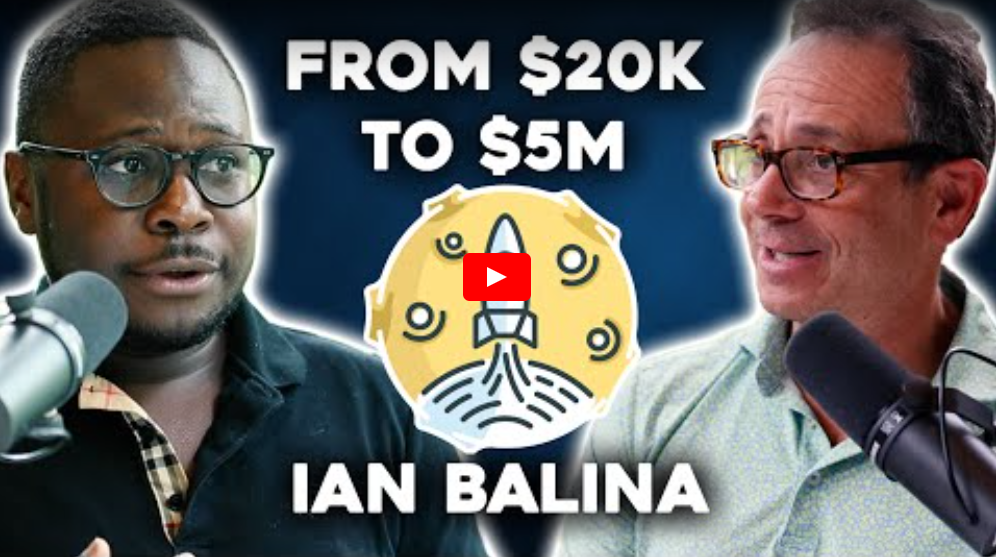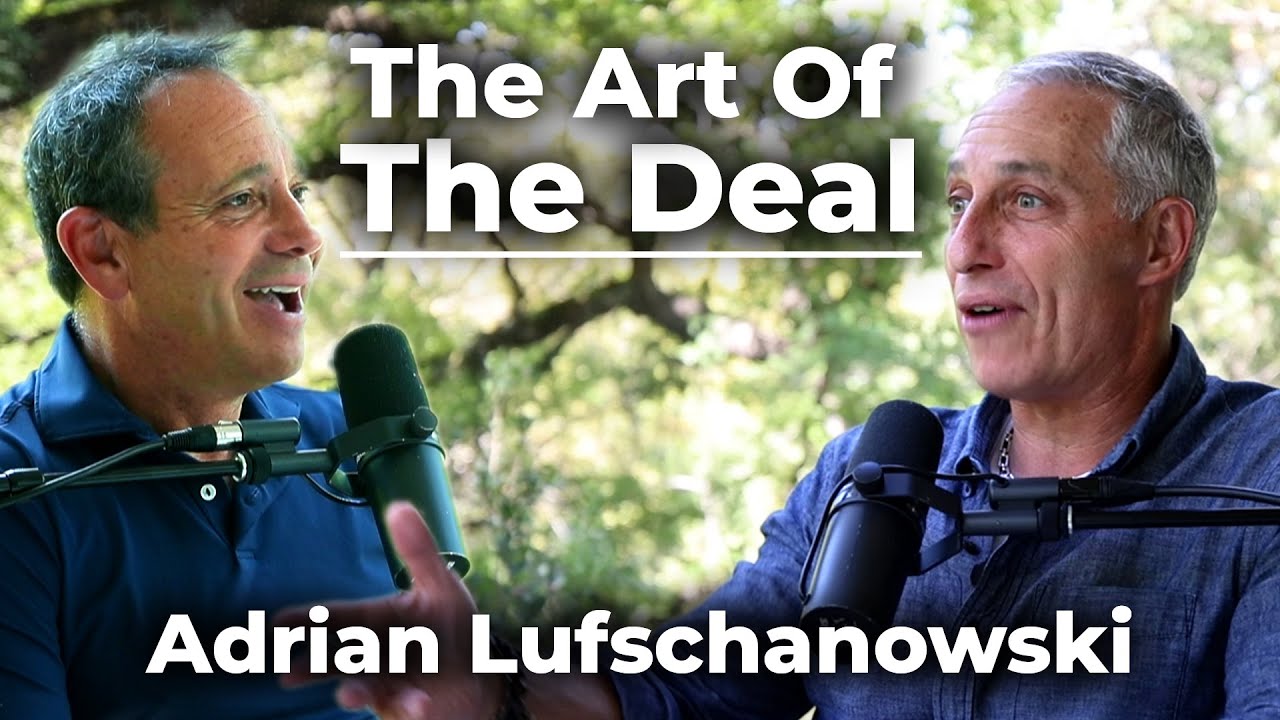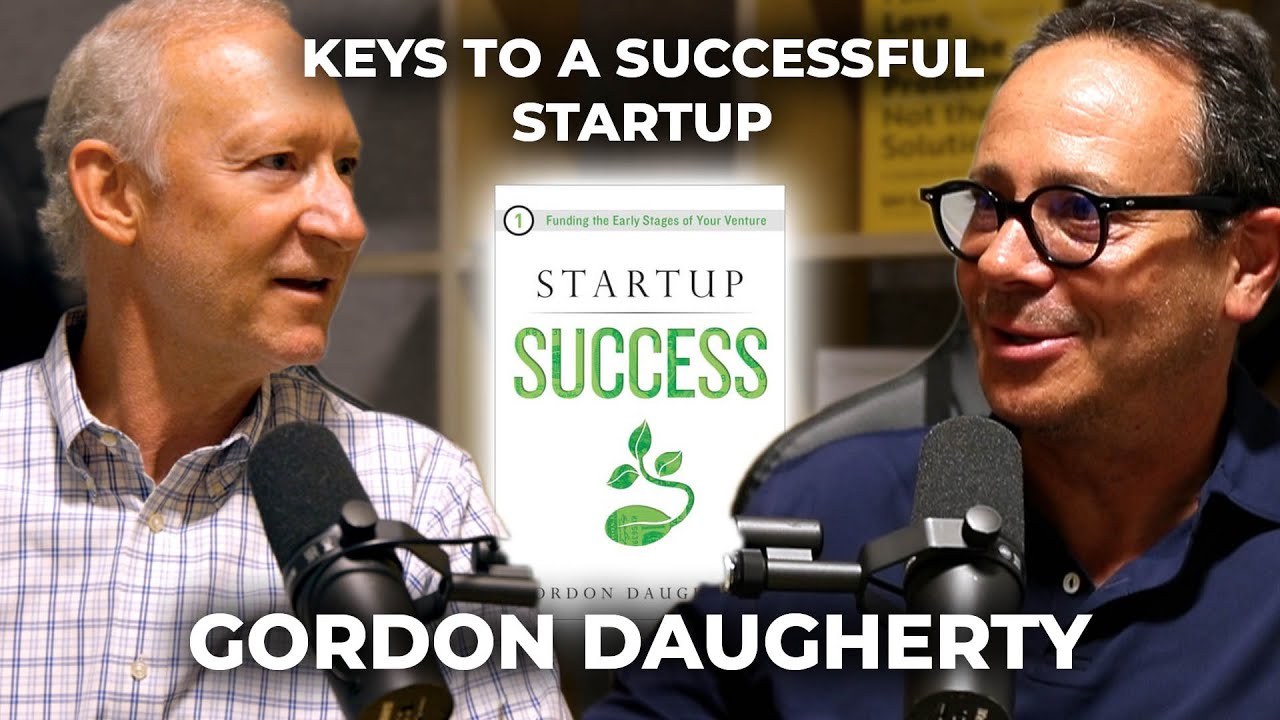The Real Estate Market In 2023: What To Watch Out For | Adrian Lufschanowski
Listen on YouTube, Spotify, or on Apple Podcasts
In this short episode of Investing On Purpose, JP and Adrian sit down to discuss the current state of the market and where opportunities lie over the next 6 months.
TRANSCRIPT
[00:00:00] JP: Hi, this is J. P. Newman. Uh, many of you have been asking and texting me, what is next in the marketplace? And in this episode, I’m going to be sitting down with my partner, president of Thrive, Adrian Luchanowski, and we are going to give you a great snapshot of not only what is happening in the economy, but things you can be doing right now to prepare your way to have a stronger business and a stronger investment portfolio.
[00:00:21] JP: We see lots of opportunity and you just need to know what to do. Enjoy it, Adrian. Well, we have not really, you know, we talk a lot about the market. This, and you and I go back nostalgically, we’ve seen down markets and we’ve been there before and right now is a really interesting market of, I kind of describe it to a lot of people as like.
[00:00:41] JP: People, some people still are, are trying to say prices haven’t gone down yet. I had one investor’s trying to sit like, no, things are moving. The dam, there’s, there’s cracks in this dam. It hasn’t, it hasn’t let its water out yet. Don’t know if it’s going to be a full flash flood, but there is, but there is cracks on the dam and water is leaking.
[00:00:57] JP: And we are, as a [00:01:00] company, managing this as much as we are forced to. Some of them are macro and then some of them, you know, we can’t manage. And then, of course, at the same time, here we are. Get ready for future opportunity, which is so exciting about to launch and announce some new exciting things, guessing where things are going.
[00:01:14] JP: I’d love to kind of get, if you could read the tea leaves for me of like, what’s your strategy book? You, you, you watch so much, you listen to The Economist and you’re thinking and talking, where do you think things are going? And where do you think we’re at?
[00:01:25] Adrian: So it’s interesting because human nature and psychology is sometimes.
[00:01:33] Adrian: Opposite of what you should do. When things are flying high, everyone gets overly euphoric. And when things are not, people can get overly pessimistic and think the world’s coming to an end. Now, we forget, it
wasn’t too long ago, 2008 9, we saw a massive recession. Massive. [00:02:00] And after those two years. We saw the best cycle in real estate.
[00:02:09] JP: What was it, 12 or 14 years of prosperity?
[00:02:12] Adrian: About 14 years. And they’re typically six to eight years. So we had an extended, you know, COVID kind of gave us extra innings. Um, but we like to make fun of people like Warren Buffett. Right? Because he’s not a high flyer. He didn’t buy Google or Amazon or, maybe he did, but he wasn’t pumping those things.
[00:02:38] Adrian: He buys true blue. But what he does so well is he buys when everyone is terrified. Right. And he sells when everyone is euphoric. Right. And it’s easy to say, but when it’s emotional, it’s so hard. It’s against
[00:02:55] JP: our very
[00:02:55] Adrian: human nature, right? Yeah. What’s interesting is I watched a, [00:03:00] uh, YouTube video today of, of, uh, economist, Peter Linneman, that I follow a lot,
[00:03:05] JP: one of my favorite, most respected economists, and he’s
[00:03:09] Adrian: a big real estate guy as well.
[00:03:11] Adrian: So we really understands the market.
[00:03:14] JP: I followed him for years and I think he’s one of the most, he’s in my top three of most accurate, like forecast
[00:03:19] Adrian: last year when everyone was saying recession and. This is going to be terrible and yada, yada, yada. He said, don’t bet against the Americans and American economy.
[00:03:32] Adrian: And look at where we are. Things are not great, but the economy is still humming. It’s humming. Unemployment is low. People are making money. People are paying rent. What we’re dealing with is inflation. And how to temper it, he seems to think the Fed has gone too far already. And he thinks
[00:03:57] JP: it’s almost like the train takes time to slow down and they’re not paying [00:04:00] attention.
[00:04:00] JP: Yes. They keep jerking. They’re looking at the
[00:04:02] Adrian: wrong things. Right. And he said, what’s the difference between 2 percent inflation and three and a half percent? Nothing. But what’s the difference between three and a half and 13? Now it’s a problem. Right. We’re not there anymore. Right. But the psychology of it is everyone is still scared, which is going to create more of a downturn than what really could happen.
[00:04:30] Adrian: We’ve never experienced a flat turn instead of a downturn. We go boom to bust, right? We could avoid those things if we temper the euphoria and we temper the
[00:04:47] JP: pessimism. Is it possible in human nature? Cause I just wonder if that’s just not human nature.
[00:04:53] Adrian: I, I am not an economist. I’m a, I’m a old trader [00:05:00] and economy junkie, a deal junkie.
[00:05:03] Adrian: Had the Fed started raising rates coming out of COVID. Quarter at a time. There’s no doubt. We could have slowed things down obsolete now. There’s,
[00:05:15] JP: there’s no doubt.
[00:05:16] Adrian: Yeah. Yeah. And yet we go boom to bust. So I do think we’re gonna have some opportunities. I don’t think it’s going to be pin the tail on the donkey where in 08 09 coming out of that, we could have.
[00:05:36] Adrian: Oh, it’s a property, buy it, right? We could have bought anything. It would have worked. It’s going to be
[00:05:42] different.
[00:05:43] JP: So that means you don’t think it’s, you don’t think, you don’t think it’s a dam bursting in blood on the
[00:05:46] Adrian: streets and everyone. But there are going to be opportunities. And again, why multifamily?
[00:05:53] Adrian: We can keep talking about the deficit of affordable housing.
[00:05:58] JP: Yeah. Six million units supply and [00:06:00] demand imbalance.
[00:06:01] Adrian: That will always be in balance, out
[00:06:03] JP: of balance for at least the next five, 10
[00:06:05] Adrian: years, you can’t fix that so quickly. People need a place to live. We’re not talking about office and, and we’re not talking about industrial.
[00:06:15] Adrian: We’re talking about shelter. And one thing that you and I would laugh a lot about is when brokers or Operating partners would bring us deals in tertiary markets and say, but look, look at this and we’re like, yeah, but when you exit the cap rate, that, that is an artificial cap rate. It’s too low. It’s because we’re in the go go times.
[00:06:40] Adrian: Right. Right. We’re seeing some of the cap rates in major metros that were very close to what people were buying in tertiary markets. Right. Right? Fives and five, five
[00:06:56] JP: and a half, right? I think when people ask me, I mean, I think it’s a [00:07:00] general statement, but I think in multifamily call it a 15 to 25 percent swing depending on the market, maybe 10, I think it’s, I think it’s 15 to
[00:07:07] Adrian: 25 I think we’re driven by debt right now.
[00:07:10] Adrian: It’s constraining the market, but the fundamentals aren’t constraining the market. Yeah. And so it’s, um, if you look at a treasury at five, five and a half. Some, a real estate transaction has to be sexy enough to take the risk above that five and a half. A lot
[00:07:31] JP: above the five, because then you’re five and a half risk free.
[00:07:33] JP: So it’s got to be enough. I always say that my expression is that, that greed has to overcome fear. Yes. So there’s going to be a certain number where greed is stronger than fear to. One
[00:07:43] Adrian: of the craziest numbers I heard was there’s 870 billion. On the sidelines waiting for this,
[00:07:56] JP: which also makes, keeps people on the street because people, and we’re even seeing it [00:08:00] in our own transactions.
[00:08:00] JP: We have two properties, uh, under contract. And so there’s still a market. What I’ve been telling people is that the market is, there’s discounts in the market, but there’s still buyers buying. And there’s,
[00:08:09] Adrian: there’s always dogs and there’s always high flyers. The NASDAQ, for example, um, was just off all time highs.
[00:08:18] Adrian: I know. What? What? But when you dissect it, it’s seven stocks. Right. It’s your Microsoft’s, Nvidia, Amazon, Apple, and you have a lot of dogs. So it’s, you know, much like real estate, we talk about location, location, location that weathers the storm really well. But when you’re forcing yield, you change the, the.
[00:08:44] Adrian: Path a little bit and you buy and it’s not the nicest, but you know what, we’re just going to buy it and appreciation. It’ll make it go up. That doesn’t always happen. What we will start to see is the distress will hit the [00:09:00] market deals that
[00:09:01] JP: are timing prediction. When you want, you want to do a
[00:09:04] Adrian: timing prediction in the next.
[00:09:07] Adrian: Eight to 12 months, we’re going to start to see deals, cracks, cracks coming up. They can’t hold on any longer. They, their loans are coming due the last three years, 75 percent of the loans transactions, commercial
[00:09:21] JP: real estate, uh, for multifamily, we’re all variable rates, bridge loans, variable rates, floaters, floaters versus fix.
[00:09:28] JP: So that’s right. Interest rates that go up and down because people were doing it because. The rates started cheaper and when things were so expensive, you needed, you needed every advantage you could get. That’s right.
[00:09:38] Adrian: And so they’re going to have to either bring more money to refinance or they’re going to sell.
[00:09:47] JP: I don’t, that’s the pressure point because values will be down. The banks are going to want them to get out. The banks are going to
[00:09:51] Adrian: We always say we want to sell when we want to sell, not because we have to. And it doesn’t always work. Sometimes [00:10:00] we have to sell. Right. But then you really need the market to help you.
[00:10:04] Adrian: And as we know, sometimes it doesn’t help. Right? Oh, for sure. Again, I think fundamentals of buying good properties in good locations, especially with what we’re looking at, the affordable, we’re seeing it. We have some properties that we’ve developed where the lease up was six, seven months. Because it was so affordable.
[00:10:27] Adrian: That’s, I mean, we underwrite to 12 to 18 months of stabilization to see it in six months tells you there’s
[00:10:35] JP: a housing demand. That’s how it’s the fundamental product is good. We’re having basically a crisis, uh, financials of interest rates of expenses, all the
[00:10:44] Adrian: expenses going out and talk about opportunistic.
[00:10:47] Adrian: We’ve always had a debt fund. Well, I mean, we’ve. From day one,
[00:10:52] JP: that’s what we did. We’ve always said, you got to balance it out depending on which cycle you’re in. In every cycle, there’s always
[00:10:57] Adrian: an opportunity. You can’t always buy and you can’t [00:11:00] always lend. We’re seeing banks that we have great relationships with, that we keep a lot of deposits with, and they’re quoting us nine plus percent interest, and we can offer 11 and half of the brain damage of dealing
[00:11:17] JP: with the bank.
[00:11:17] JP: Well, and getting the loan actually done. So, H I want to, I want to wrap this up for now, cause you and I can go on for a while. You and I can nerd out for a long time. If I’m an investor and I’ve got money to invest, I’m sure you’re getting these phone calls. What advice would you, what advice would you give me right now?
[00:11:31] JP: I’ve got money. I really would like to invest in real estate. What’s your advice to me?
[00:11:36] Adrian: First and foremost, the, the easy, smart thing right now for cashflow. Is debt. Yeah, I agree. Debt makes a lot of sense right now. Uh, it’s simple. We understand it. We have collateral. It’s a good property. When you have good collateral, you’re protected.
[00:11:59] Adrian: [00:12:00] And that I think is the low hanging fruit.
[00:12:03] JP: For now. I agree. For now. The seasons change, but it’s the season of debt, not the season of equity.
[00:12:07] Adrian: And then I think when the Fed says they’re officially done. which could be soon. We’ll see the markets. Take a deep breath. And we’re going to start to see inventory coming to the market.
[00:12:23] JP: Some, some market stability, some market discovery where values actually are going to land.
[00:12:27] Adrian: And then it’ll make, make it easier to make good decisions. I want to hear
[00:12:31] JP: you say, Adrian, debt right now, debt, debt funds, looking at. Good companies to do debt right now, six to 12 months, eight to 12 months. You’re going to start to see some equity, peppering with equity opportunities.
[00:12:41] JP: That should have some great upside. I
[00:12:42] Adrian: think they are. I think they are. The fundamentals are great. I mean, jobs are strong. Um, we’re blessed that we’re in Texas. Yes. Uh, people keep moving
[00:12:51] JP: here. Fastest growing state in the United States, Austin just went from 11 to 10. So now we have four of the largest, um, four of the largest cities [00:13:00] in the United States are in
[00:13:00] Adrian: Texas.
[00:13:01] Adrian: And if you look at job creation, um, Three or four of those Same cities are in the top 10 as well. I know it’s good. That’s that’s good
[00:13:12] JP: stuff. I like being here in Austin with you It’s pretty good. That’s right before we conclude. Is there any other Forecast predictions or thoughts to close
[00:13:18] Adrian: this out? um, no, I think that We need to temper the fear The world is not coming to an end Um, if we have a recession, it will be mild.
[00:13:31] Adrian: It’s not going to be massive unless the Fed overdoes it. Uh, but if they do, here’s the good thing. They now have room to lower rates. They didn’t have that before. Yeah. So they had to push it up to be able to bring it back. They had to get their
[00:13:46] JP: lever
[00:13:47] Adrian: back, re grease. And I think that’s, that’s the saving grace is knowing that we have that ability.
[00:13:55] JP: Cool. Good
[00:13:56] Adrian: stuff, Adrian. Thank you.





